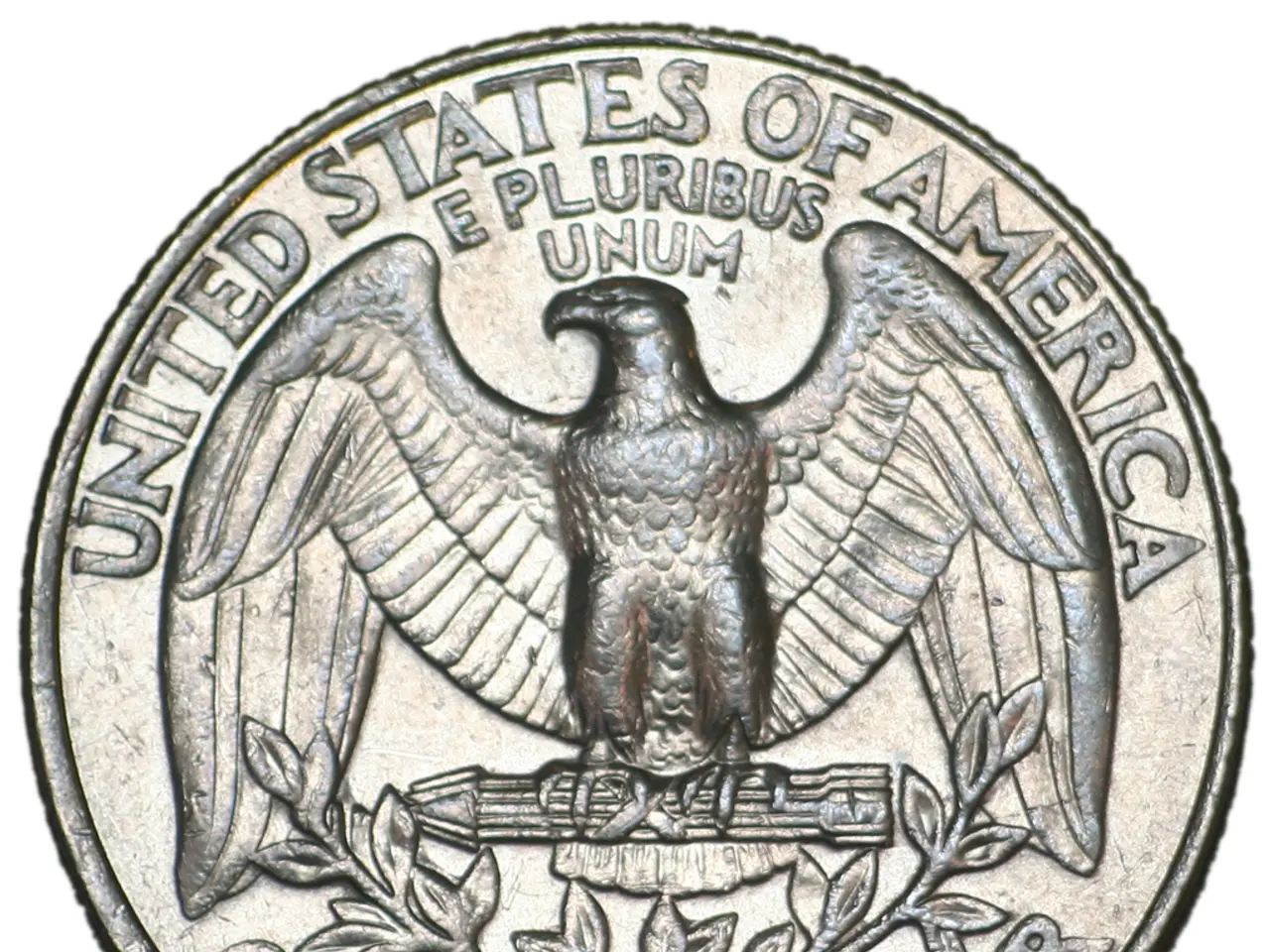Department of Justice Takes a Step Back from Crypto Regulation Intensity
In a significant move, the U.S. Department of Justice (DOJ) has announced a new crypto enforcement policy under Deputy Attorney General Todd Blanche. The policy, outlined in a memo released on Monday, aims to foster innovation in the decentralized finance (DeFi) sector while addressing real criminal threats within the crypto ecosystem.
The new policy prioritizes criminal enforcement against actors engaging in fraud, money laundering, sanctions evasion, and financial harm. It de-emphasizes prosecuting regulatory violations absent willful misconduct. The DOJ also intends to avoid criminal charges against software developers acting in good faith.
This shift represents a move away from "regulation by enforcement" and a recognition that the DOJ is not a digital assets regulator, leaving such regulatory enforcement to appropriate agencies outside the criminal justice system. The DOJ's Market Integrity and Major Frauds Unit will cease crypto enforcement, and the National Cryptocurrency Enforcement Team has been disbanded.
Prosecutors are directed to stop charging regulatory violations, unless there is evidence of willful violation. The policy change aims to restore stolen customer funds and build investor confidence in digital assets. The DOJ will focus on prosecuting those who victimize crypto investors and use digital assets to support illicit activities.
The policy change aligns with several crypto regulatory developments under President Donald Trump, including rule easings at the Federal Deposit Insurance Corp., the Office of the Comptroller of the Currency, and the Commodity Futures Trading Commission. The Securities and Exchange Commission has dropped several ongoing cases against crypto firms and has also developed a crypto task force.
Trump has also announced the creation of a national crypto reserve and launched a crypto firm, World Liberty Financial, with his sons in September. It is worth noting that Trump and his wife Melania each launched meme coins, $TRUMP and $MELANIA, before inauguration day. As of current, $TRUMP is worth $8.16, and $MELANIA is worth $0.53.
Trump was a vocal crypto skeptic six years ago, but he made promises to the crypto community during his campaign trail. Kraken founder Jesse Powell donated $1 million to Trump's campaign. The policy outlined in Executive Order 14178 requires the DOJ to prioritize investigations related to embezzlement, digital asset investment scams, hacking of exchanges, and exploiting vulnerabilities in smart contracts.
The aim is to address the real criminal threats within the crypto ecosystem while fostering innovation and building investor confidence in digital assets. This policy change marks a significant step forward in the regulation of cryptocurrencies in the United States.
[1] CoinDesk. (2025, April 12). DOJ Memo Outlines New Crypto Enforcement Policy. Retrieved from https://www.coindesk.com/policy-change-us-department-justice-crypto-enforcement/ [2] The Block. (2025, April 12). DOJ Shifts Focus Away from Prosecuting Crypto Regulatory Violations. Retrieved from https://www.theblockcrypto.com/linked/107151/doj-shifts-focus-away-from-prosecuting-crypto-regulatory-violations [3] Decrypt. (2025, April 12). DOJ to Prioritize Criminal Enforcement over Regulatory Violations in Crypto. Retrieved from https://decrypt.co/79138/doj-crypto-enforcement-policy [4] CoinTelegraph. (2025, April 12). DOJ Memo: New Crypto Enforcement Policy Prioritizes Criminal Conduct. Retrieved from https://cointelegraph.com/news/doj-memo-new-crypto-enforcement-policy-prioritizes-criminal-conduct [5] Bloomberg. (2025, April 12). DOJ's New Crypto Enforcement Policy: A Shift Toward Criminal Conduct. Retrieved from https://www.bloomberg.com/news/articles/2025-04-12/doj-s-new-crypto-enforcement-policy-a-shift-toward-criminal-conduct
- The shift in the DOJ's crypto enforcement policy signals a focus on prosecuting criminal activities such as fraud, money laundering, sanctions evasion, and financial harm, while de-emphasizing the prosecution of regulatory violations absent willful misconduct, a move that could potentially have implications in the intersection of technology (crypto) and politics.
- As the U.S. Department of Justice prioritizes criminal enforcement against actors engaged in illicit activities within the cryptocurrency ecosystem, it is also aiming to foster innovation in the decentralized finance sector and build investor confidence, reflecting a recognition that technology and politics should work in harmony to foster growth and address real threats.




